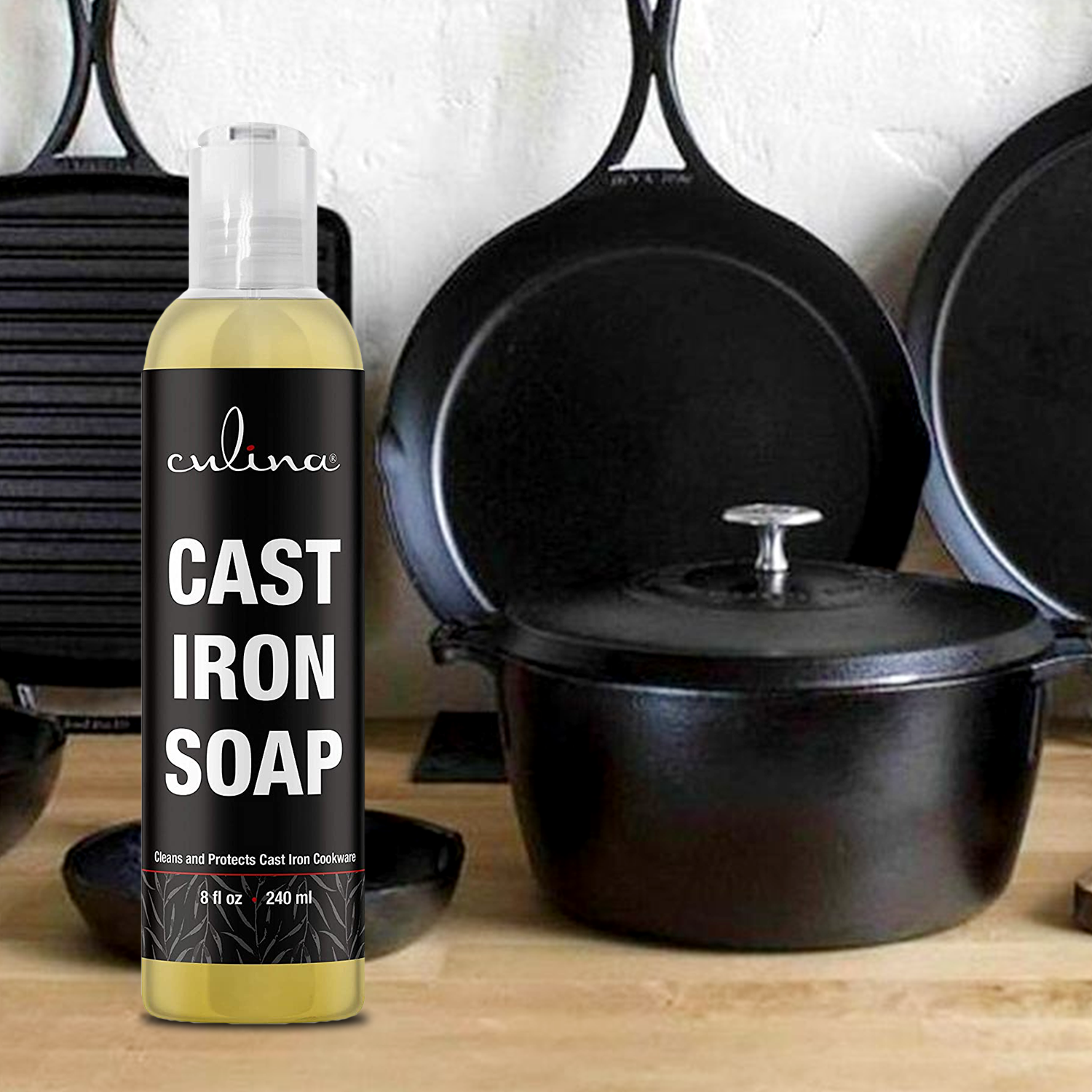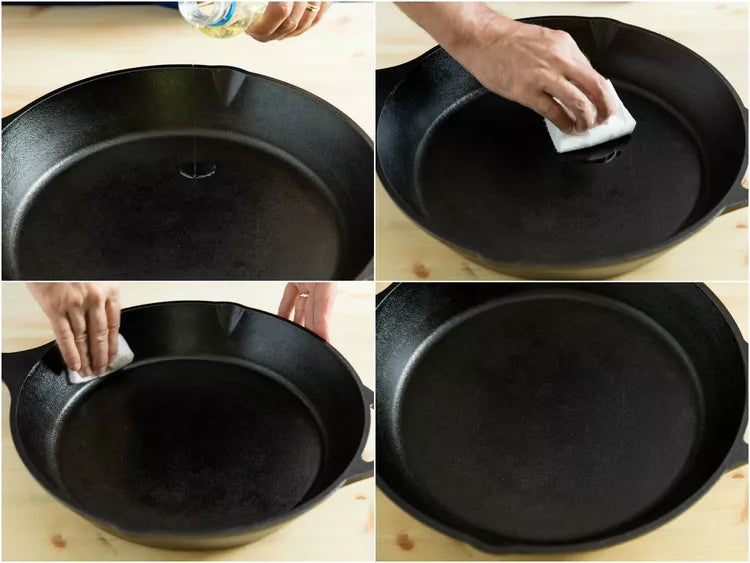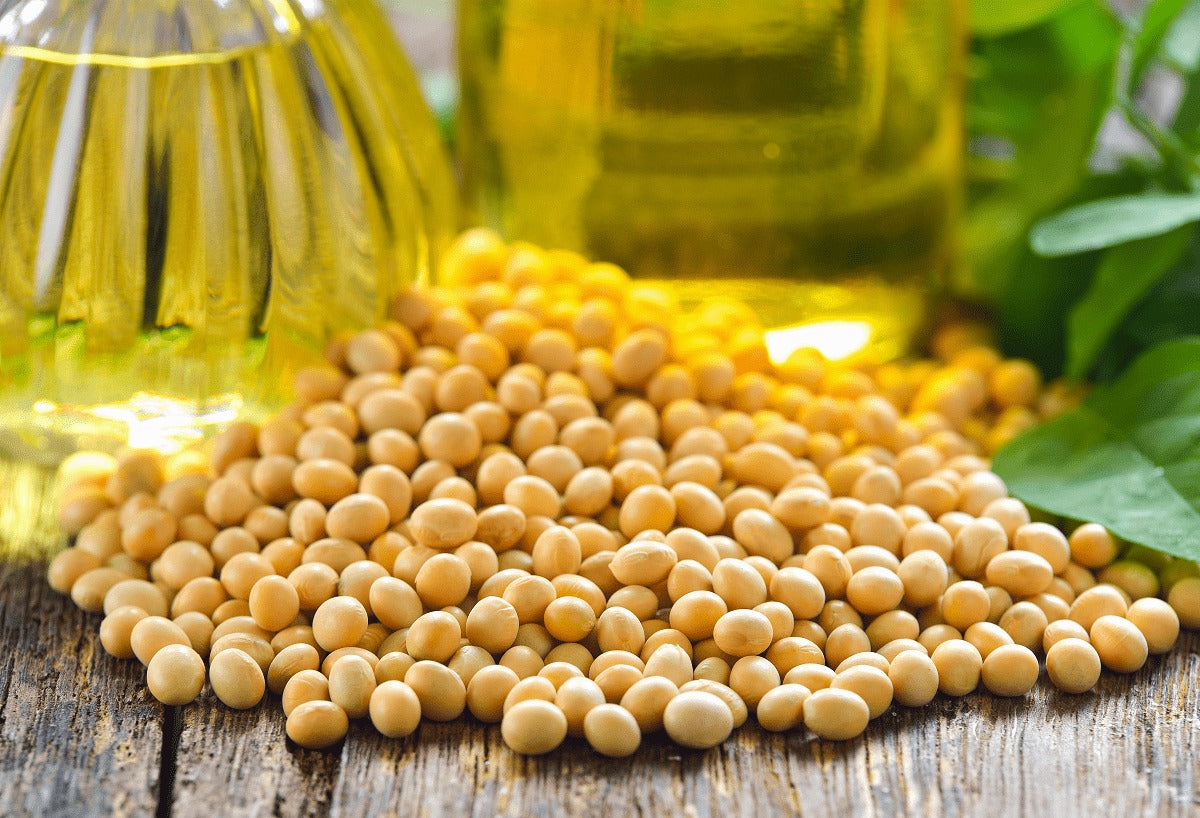If you are a kitchen professional who seeks to refine your culinary skills, learning how to cook duck breast in a cast iron skillet is vital. Duck, particularly duck breast, is a luxurious ingredient that demands precision to bring out its rich flavors and tender texture. In this expansive guide, we will delve into the intricacies of cooking duck breast perfectly every single time.
Cast iron skillets are favored for their remarkable heat retention and distribution. This characteristic is essential when preparing duck breast because it helps the fat render out consistently while achieving a crisp skin. Mastering the technique allows you to elevate your dishes and impress even the most discerning palates.

Understanding Duck Breast and Its Unique Qualities
Before diving into the cooking methods, its vital to understand why duck breast is a preferred choice among chefs. Duck breast is often thicker and richer than other poultry, offering a profound depth of flavor that can be further enhanced by various seasonings and sauces. The skin, when cooked properly, becomes delightfully crispy, adding texture to each delectable bite.
:max_bytes(150000):strip_icc()/GettyImages-162586206-2000-4fdf5409479b460b9903ac7e97af5f18.jpg)
Preparation Steps Before Cooking Duck Breast
Proper preparation is crucial when learning how to cook duck breast in a cast iron skillet. Heres how to prepare your duck breast effectively:
- Select Quality Meat: Go for high-quality duck breasts, such as Moulard or Pekin, which are commonly found in gourmet markets.
- Thawing: If using frozen duck breast, ensure that it is fully thawed in the refrigerator before cooking.
- Trimming the Fat: If the duck breast has excessive fat, trim it down but leave a good amount to keep the meat moist during cooking.
- Scoring the Skin: To help render the fat, score the skin in a crisscross pattern, taking care not to cut into the meat.
- Seasoning: Generously season both sides with salt and pepper to enhance the natural flavor of the duck.
:max_bytes(150000):strip_icc()/GettyImages-162586206-2000-4fdf5409479b460b9903ac7e97af5f18.jpg)
Cooking Process
Now that you have prepared your duck breast properly, lets explore the steps for cooking it in a cast iron skillet:
1. Preheat Your Cast Iron Skillet
Heat your cast iron skillet over medium heat. Allow it to warm gradually to ensure it cooks evenly.
2. Place Duck Breast Skin Side Down
Once preheated, place the duck breast skin-side down in the skillet. You should hear a sizzle, indicating that the fat is beginning to render.
3. Render the Fat
Allow the duck breast to cook gently for about 6 to 8 minutes, keeping the heat at medium. This process will render out a significant amount of fat, which will help in frying the skin crispy.
4. Flip and Cook the Flesh Side
After the skin achieves a golden-brown color, flip the duck breast and cook the flesh side for an additional 4-5 minutes. For medium-rare, aim for an internal temperature of about 135F.
5. Let it Rest
Remove the duck breast from the skillet and let it rest for at least 5 minutes before slicing. This resting period ensures juices are retained for a succulent finish.

Serving Suggestions
Once you have mastered how to cook duck breast in a cast iron skillet, the next step is creating dishes that showcase this fabulous ingredient. Here are some serving suggestions:
- Complement with Sauces: A classic cranberry or orange sauce pairs beautifully with duck. Experiment with flavors to find your perfect match.
- Side Dishes: Serve alongside roasted vegetables or creamy polenta to create a well-rounded meal.
- Garnishes: Fresh herbs like thyme or parsley offer a flavor boost when sprinkled over the duck before serving.
Common Mistakes to Avoid
Even seasoned chefs can make mistakes when cooking duck breast. Here are some pitfalls to avoid:
- Skipping the Resting Period: Cutting into the duck too soon will cause the juices to run out, leading to dry meat.
- Not Rendering Enough Fat: Patience is key; rendering fat takes time but results in the desired crispy skin.
- Overcooking the Meat: This is especially crucial; monitor the temperature with a meat thermometer for precision.
Maintaining Your Cast Iron Skillet
Learning how to cook duck breast in a cast iron skillet is just one part of your culinary journey. Proper maintenance of your skillet is essential for its longevity:
- Cleaning: Avoid harsh soaps; simply rinse with water and use a brush or scrubber.
- Dry Immediately: To prevent rust, dry your skillet right away after washing.
- Re-season: Occasionally, apply a thin layer of oil and heat it to maintain its nonstick surface.
Related Recipes to Experiment With
Once you have an understanding of the nuances of cooking duck breast, why not explore other dishes? Try your hand at these recipes from our scrambled eggs or learn how to make pizza that satisfies everyones cravings. Additionally, consider looking at expert guidance on pork chops to expand your skill set further.
Conclusion
Cooking duck breast in a cast iron skillet perfectly is both an art and a science. It takes practice to achieve the ideal balance of crispy skin and tender meat, but with the right techniques, anyone can master the skill. Utilize the tips and steps highlighted in this guide to enhance your culinary repertoire and delight your patrons with exquisite duck dishes.
FAQs
1. What is the best temperature to cook duck breast?
The ideal temperature is to cook duck breast until it reaches an internal temperature of about 135F for medium-rare.
2. Can I cook duck breast in the oven?
Yes, duck breast can also be cooked in the oven after searing it in a skillet to render the fat properly.
3. What are good sides for duck breast?
Roasted vegetables, creamy polenta, or potatoes are excellent side dishes to serve with duck breast.
As an Amazon Associate, I earn from qualifying purchases.






Leave a comment
This site is protected by hCaptcha and the hCaptcha Privacy Policy and Terms of Service apply.